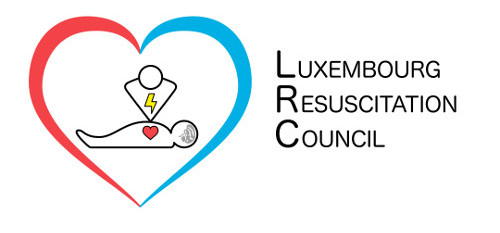
Actualités
-
World Heart Day 2023
La Journée mondiale du Coeur aura bien lieu cette année, sur la Place d’Armes à Luxembourg-Ville , le samedi 30 septembre. World Heart Federation
-
Campagne réagis !
Dans le cadre de la Journée Mondiale du Coeur, le LRC Luxembourg Resuscitation Council lance sa campagne de sensibilisation « Réagis! » qui vise à apprendre au grand public les premiers gestes qui sauvent en cas d’arrêt cardiaque. Affiche réagis! Brochure réagis! PPT conférence de presse
-
Eurecathree starting first September 2022
Eurecathree démarre le 1er septembre 2022 Lire et télécharger : Study Protocol of Eurecathree
-
Arrêt cardiaque soudain lors du sport au Luxembourg
5-Jahres-Ergebnisse einer landesweiten Datenbanküber plötzliche kardiale Ereignisse im Sport in Luxemburg
Actualités
- août 2023 (2)
- juin 2023 (1)
- septembre 2022 (1)
- mars 2022 (2)
- octobre 2021 (1)
- octobre 2020 (1)
- juin 2020 (1)
- mai 2020 (1)
- avril 2020 (2)
- mars 2020 (2)
- février 2020 (1)
- octobre 2019 (3)
- avril 2019 (3)
- mars 2019 (3)
- février 2018 (2)
- décembre 2017 (1)
- août 2017 (3)
- juillet 2017 (1)
- juin 2017 (1)
- avril 2017 (1)
